Highlights from the discussion
“Even before that (the lockdown) the commercial sector where the developers were working already had cash flow problems. There were a lot of unfinished projects and some projects were going for foreclosure. So, it was not like the lockdown made the situation worse, it was already bad. And we knew that it was not going to improve. So, in a way, when the lockdown was imposed, the people who suffered most were the construction labourers.”
“The advantage of the pandemic is that because we do it (meetings) over Zoom or Teams, etc., how long can we stare at each other’s face? So we stick to the matter, we don’t take cell phone calls. So, something that takes 45 minutes, takes half-an-hour, and I have not moved from my home. My carbon footprint is reduced and my time is effectively used. So when it comes to coordination and decision making in development, design and planning, the pandemic has been fantastic. It has obliged the developers and clients to take the professionals and consultants seriously.”
“The way we work in India is like the way we drive in India. Half the people don’t know what the rules are. And, even if they know, they don’t care about the rules. Everybody wants to get ahead of the game, regardless of whether or not there is a game at the end of it. It’s about each person for themselves. Even in an office, in the corporate sector too, there is not a feeling of an organisation, a team, ethics, rigour, discipline, outcome, vision and more. These are all words to be mentioned on PowerPoint presentations and the walls of the entrance foyer of buildings.”
“As a country, we are yet to learn how to communicate effectively and how to strategize and focus. We take pride in this country for the number of hours we spend at work…there are two problems with this. One is that women are obliged to go back home early. Because they might have families and public security issues. So, they cannot be involved in decision making…Second thing is that the men who want to be with their families cannot be because the others are staying longer. And if you want to stay on top of the food chain, you are obliged to hang out there (the office). And if you tabulate how much work is done, it would not even be four hours. But, they have spent 8.5 to 9 hours in those rooms, using energy, wasting time, equipment and operating costs for very little output.”
“We’re consuming two times the biocapacity of this country. Our output though is minimal. Not even minimal, often it’s perfectly useless. Besides, as architects, we design and discuss with clients. For them, it’s just a drawing, and the knowledge of how things go around, stay connected and how things function are not respected. It’s the same in every sector.”
“Our education system teaches only two things, how to pretend that you know. Because even when you don’t know, saying that “sorry ma’am, I don’t know, can you explain again?”, means you’re the stupid person. To admit that you don’t know and to get to know is not part of our cultural education… You will never admit to yourself that you don’t know, so you will never learn. Second thing is, you will never learn to learn, but you will only learn to pass an exam. So the minute the exam is done, there is no knowledge left behind, to connect the dots and keep learning for the rest of your life.
“The lockdown has provided us with a perspective to show that at least 40% to 50% of the expenditure incurred within the office and in the domestic set-up are not essential for life; eating out, entertainment, recreation, buying of clothes and more than most urban dwellers do. If you take a unit of 10 as the salary of any of my staff who live in the town of Pondicherry (Puducherry)… out of the 10, 4 goes for rental and at least 3 for food and health-care…The other three units, what they are doing with it, is that they invest them in EMIs for assets like cars. And they also invest in other EMIs for holidays, marriages and similar things. So it is these three units that people realise that they don’t need to spend.“
“A lot of the imitative consumerism that the middle class is being forced into to make them feel like they are up and coming with disposable income, if they want to be upper-middle class- that idea has slowly dropped away. Things like you have to be seen, you have to shop, you have to post on Instagram that you climbed a mountain. That makes other people feel like they are missing out – this kind of imitative consumerism that was being driven by the global economy to profit off of whatever we could earn, has been put under question by a lot of them. Because we can still spend time having fun by just meeting with our local friends.”
I realise that it (pandemic) has changed a lot the attitude of the younger generation. Especially when you run an office like I do, where a lot of people are below 30, they have kind of started to have a longer attention span.”
“Few of them have started to read (during the lockdown). Few of them have started to think..think like why the politicians are saying this; what is happening in this country in terms of the migrant labour; what is the effect of the banking sector on the wages of the country. They have started to co-relate now because politics was not in the realm of architects.
Most architects don’t think of sociology, politics, etc. The environment for them is “green buildings”. So the younger generation, I think, in this forced isolation (lockdown) have been obliged to look at things outside just their Instagram, Facebook and Twitter accounts. So I’m hoping it lasts.”


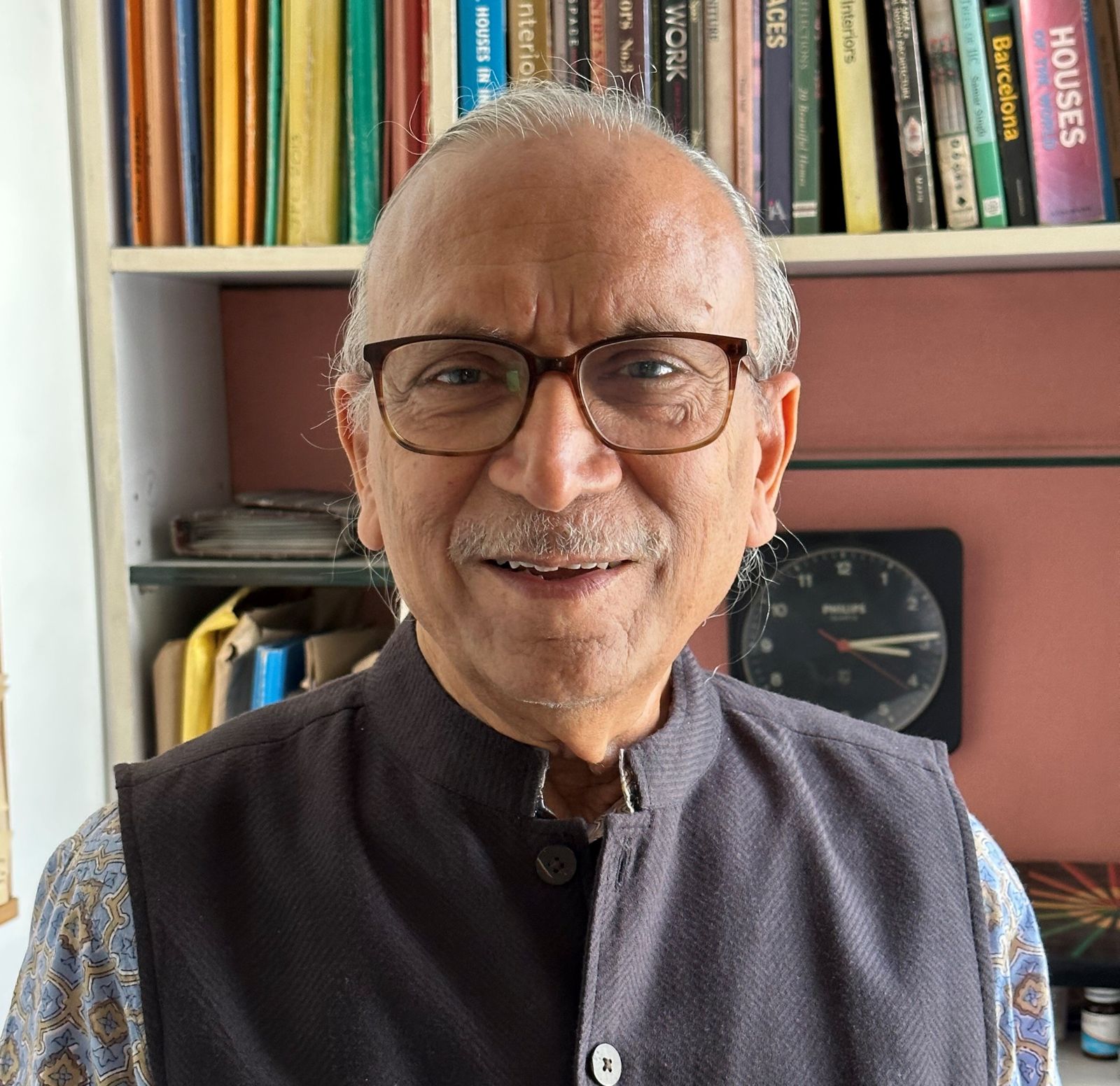
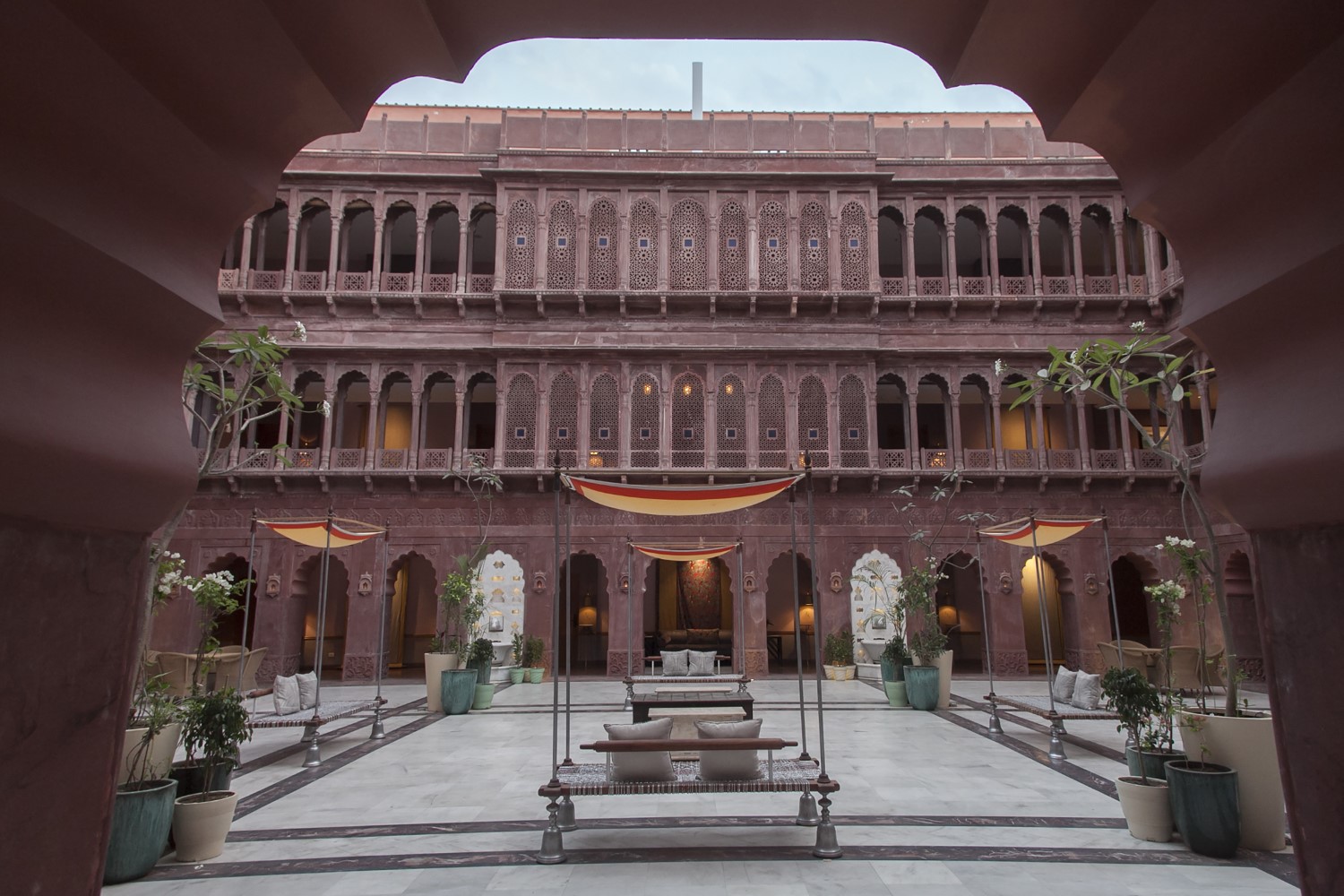
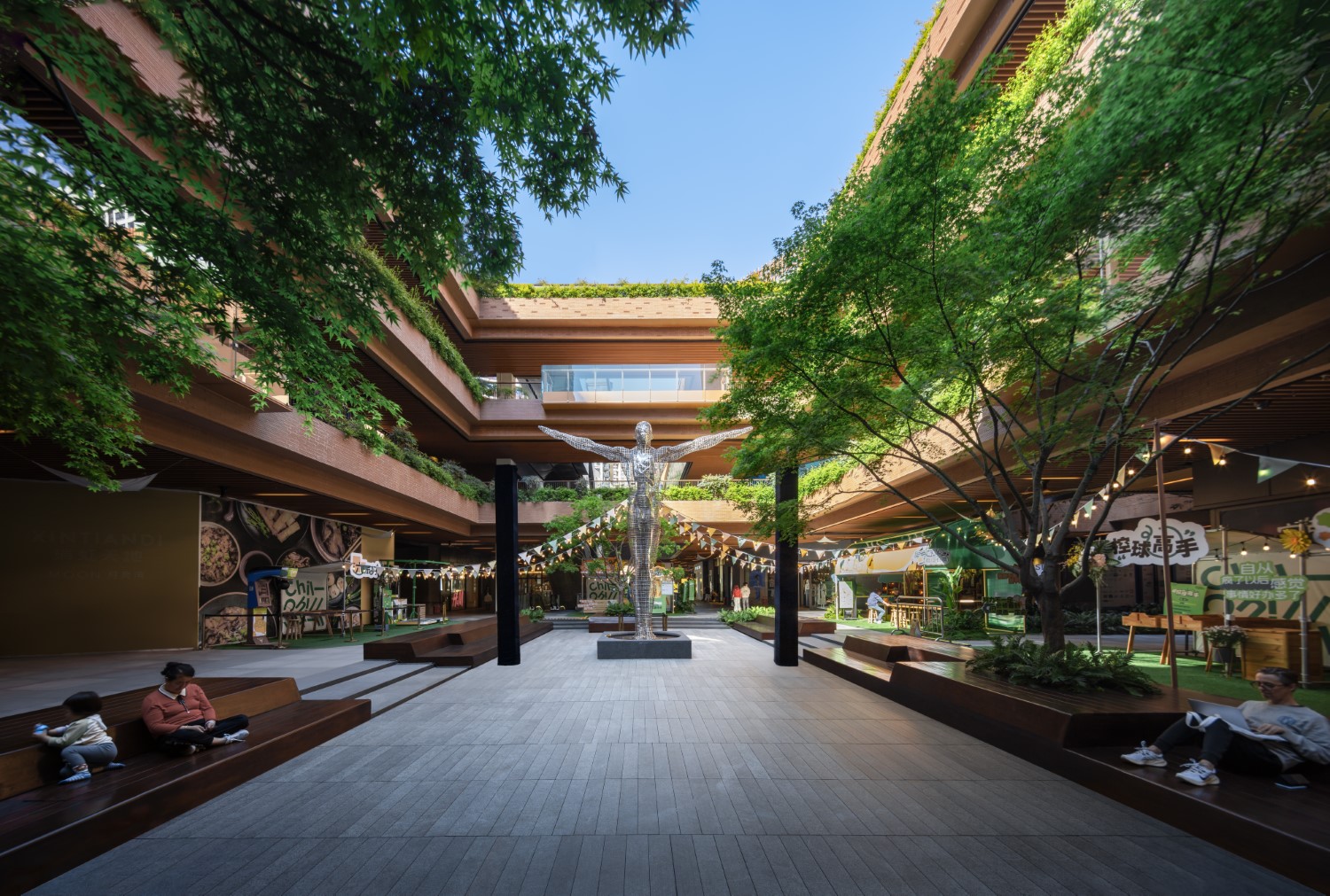
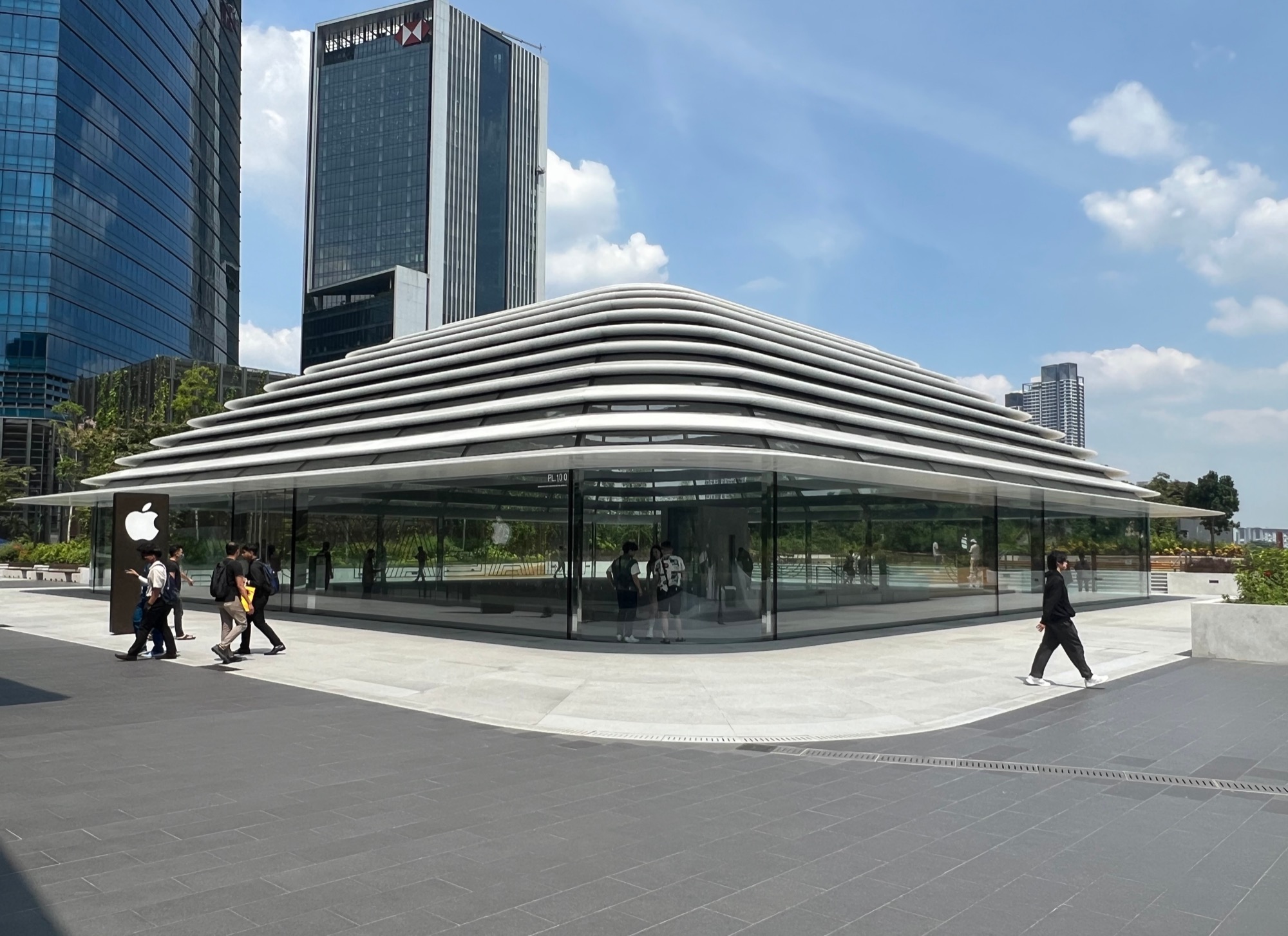
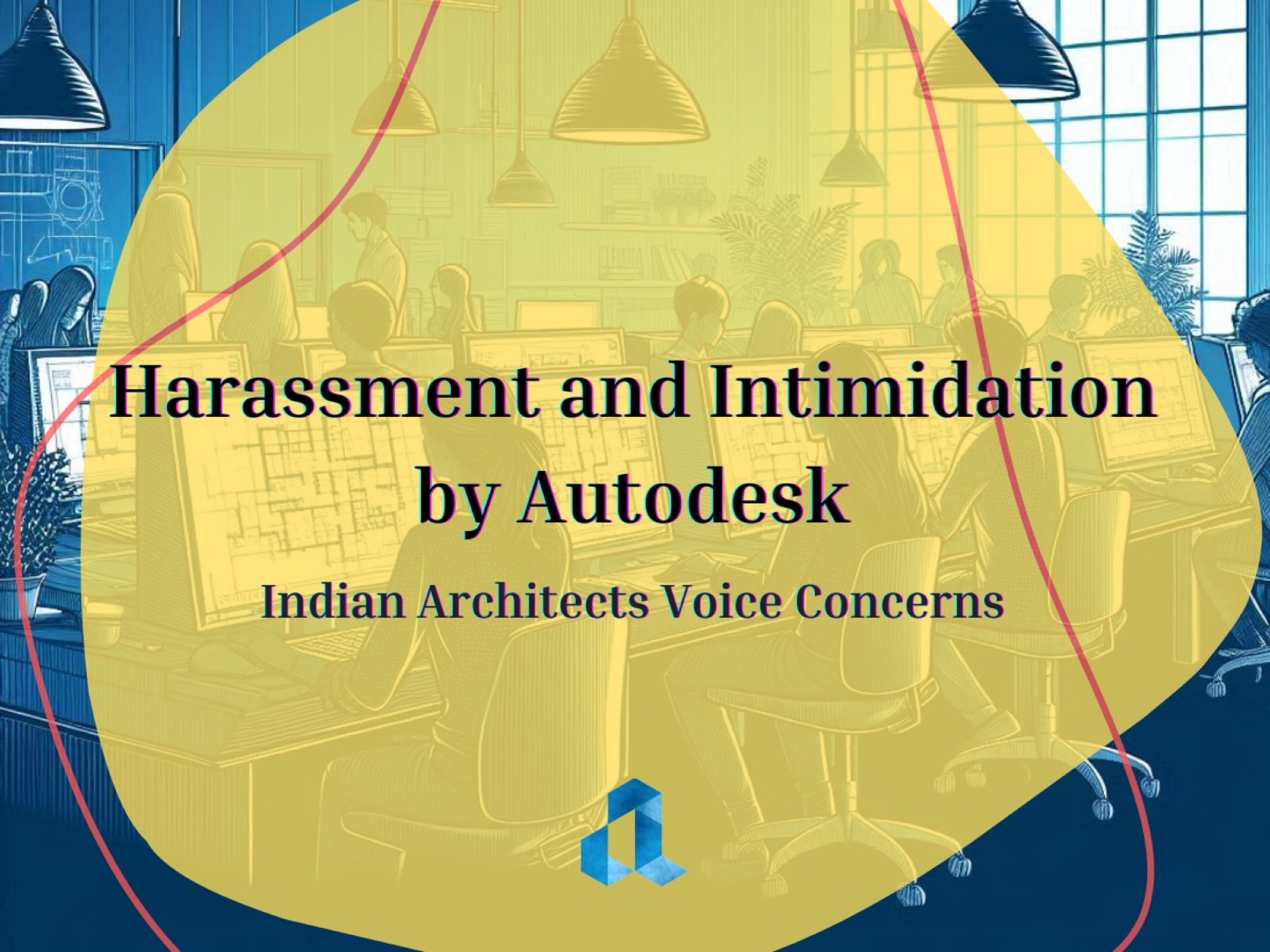
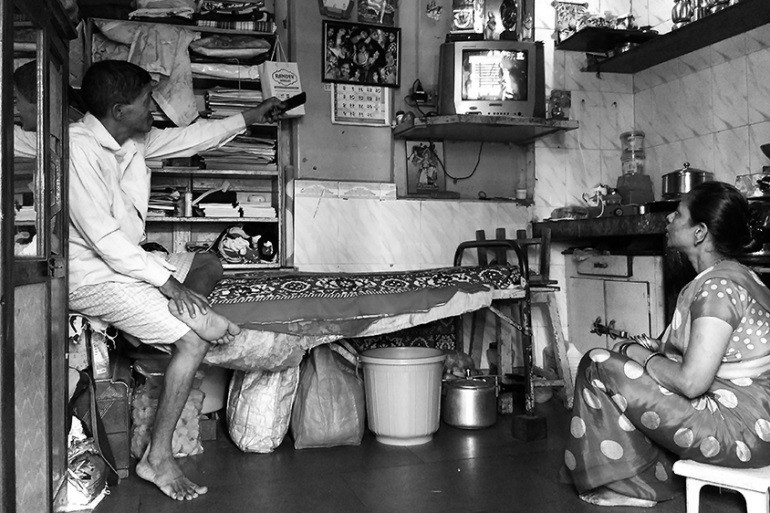

One Response
Very well expressed and detailed observations about the plight in our country, particularly the last paragraph drawing the attention on the market driven capitalism